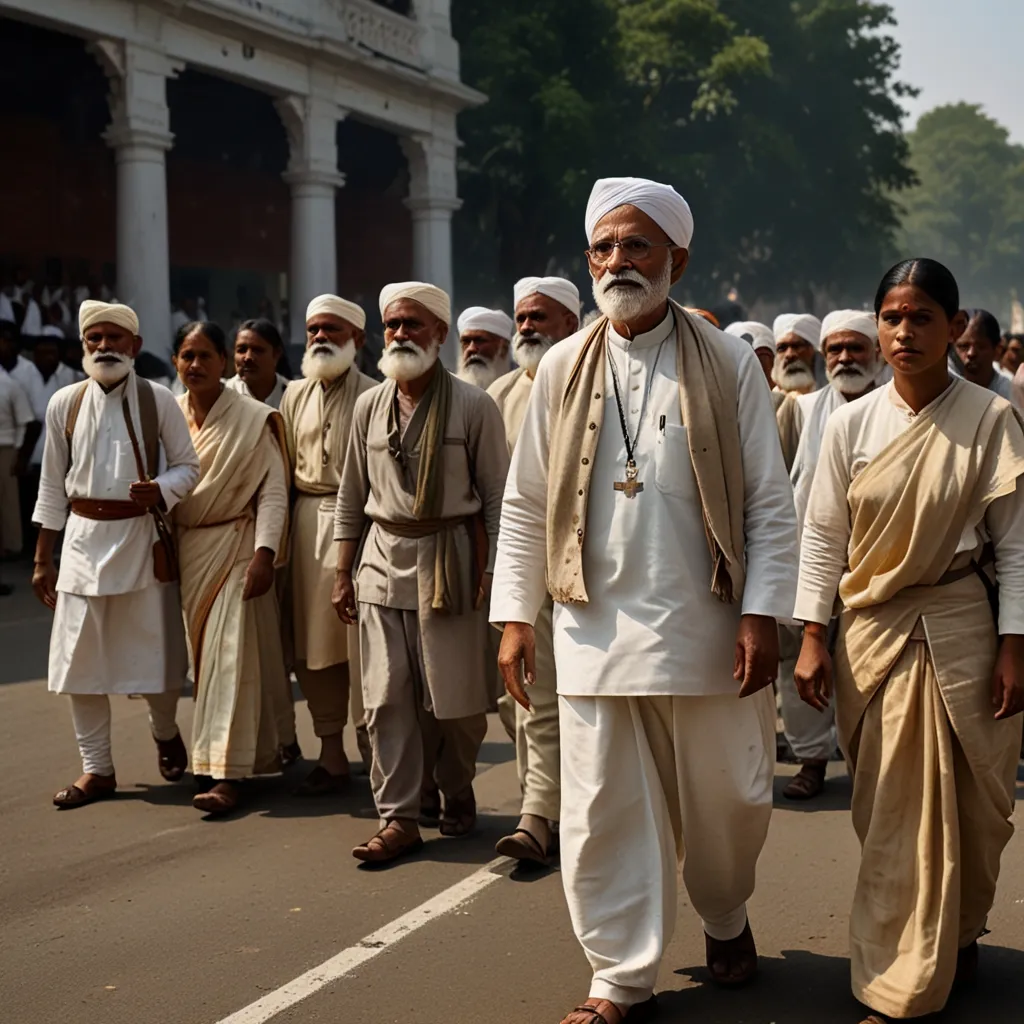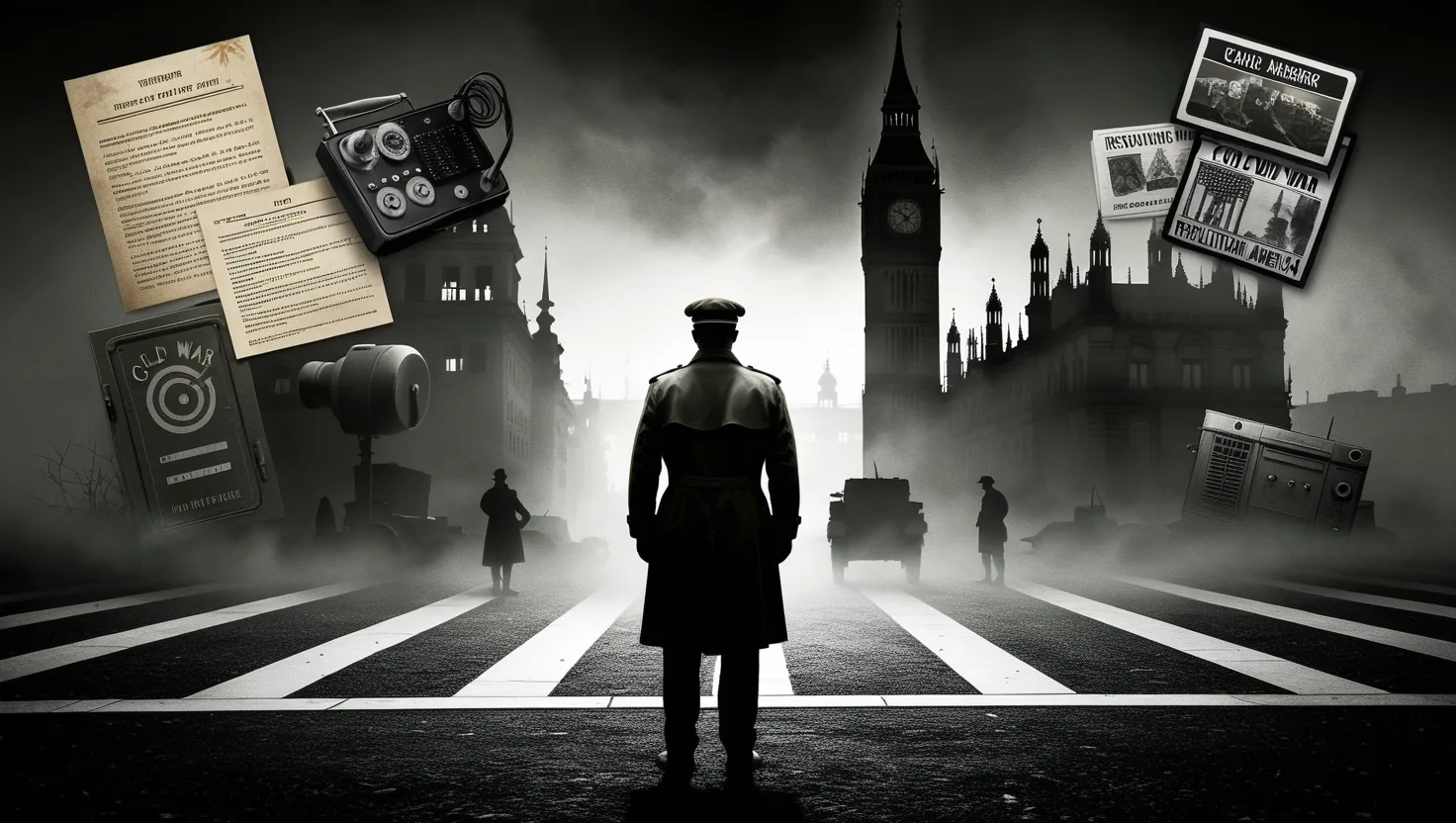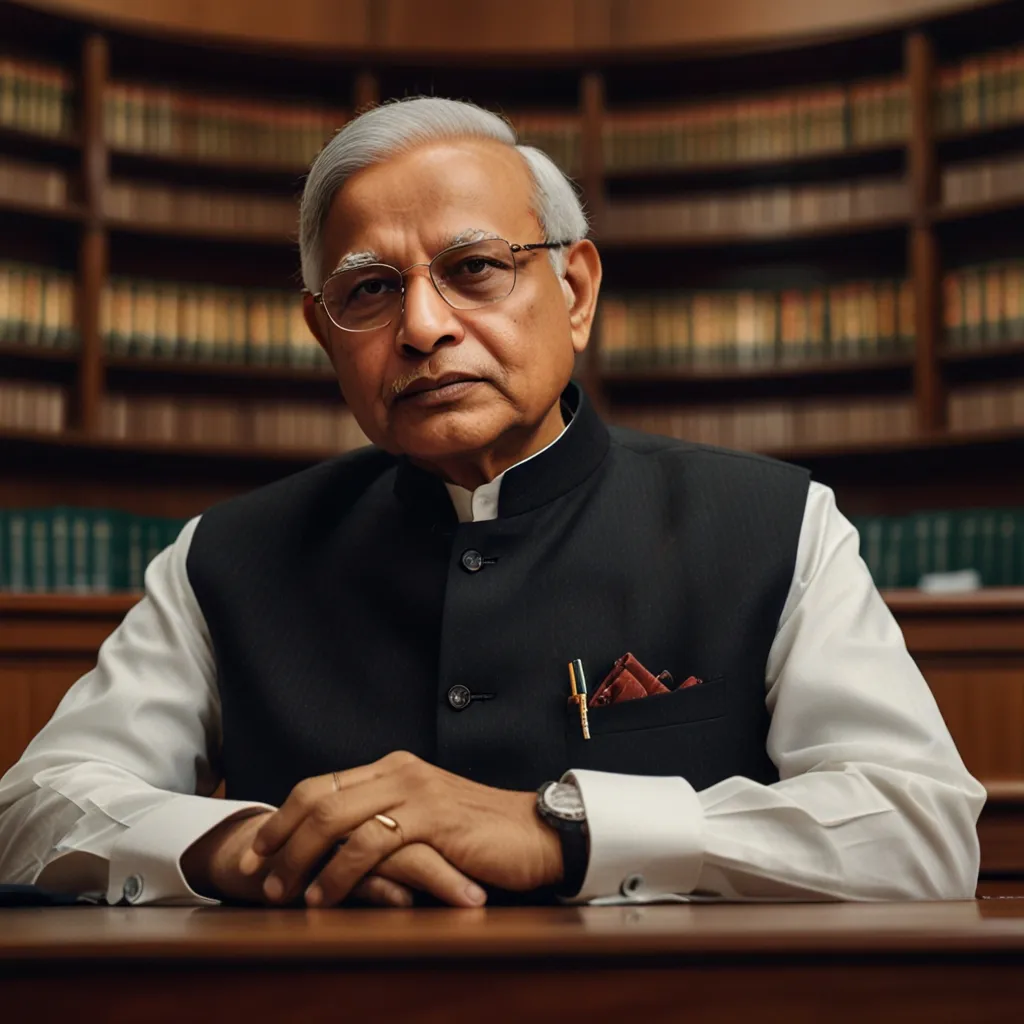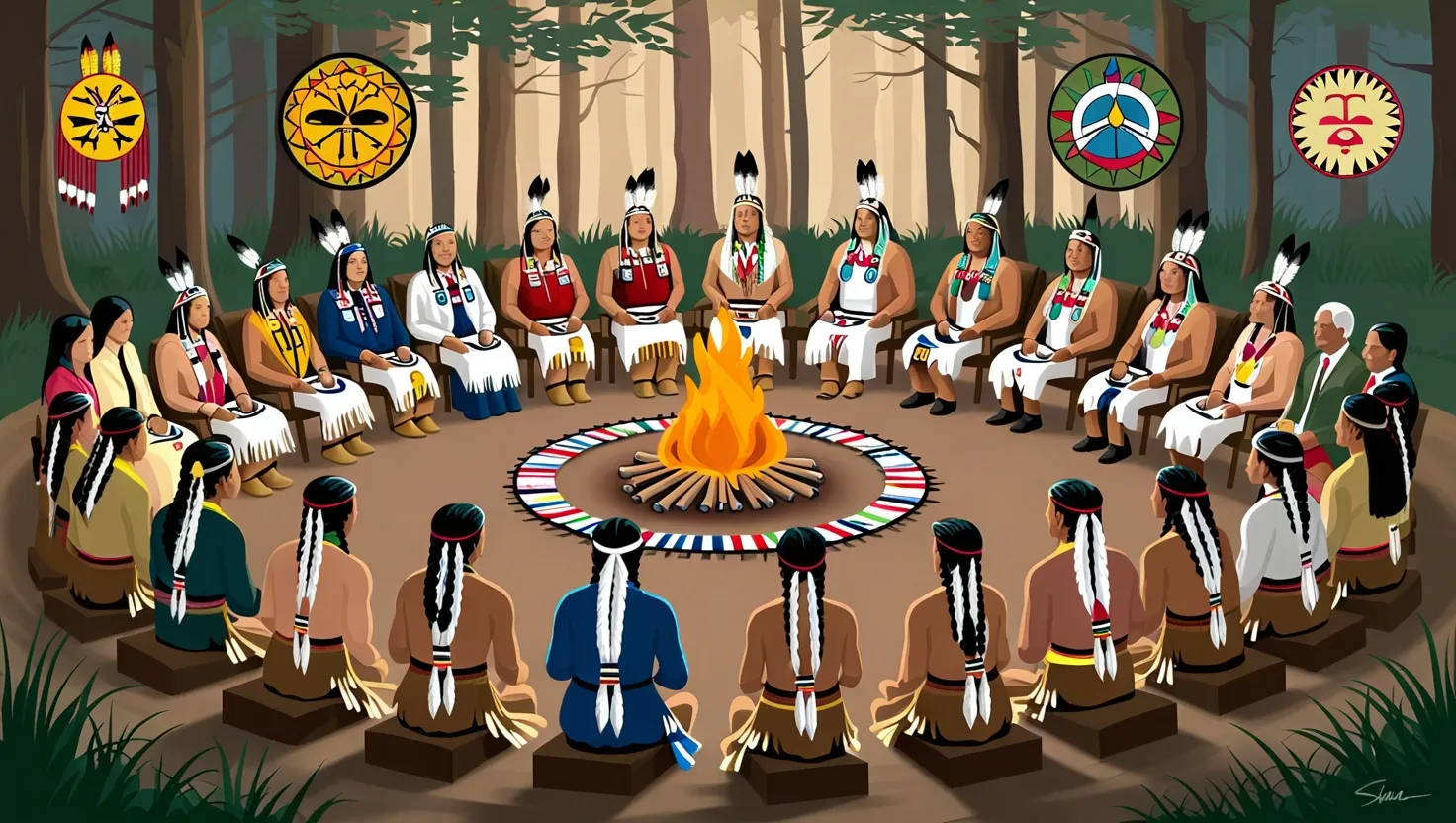Let’s talk about the Indian National Congress and its incredible journey in India’s fight for independence. Founded way back in 1885, this party started off pretty chill, focusing on moderate reforms under British rule. But as time went on, they turned into a serious force pushing for Indian self-rule.
Early on, they had this smart strategy of boycotting British goods and promoting home-grown products, known as swadeshi. This move helped them win support from all walks of life. It was like laying the first brick for a larger nationalist movement.
Mahatma Gandhi, who hopped on the Congress train in 1915, really molded the party’s peaceful protest tactics. From writing speeches and letters to leading marches and organizing protests, Gandhi was all about nonviolent resistance. His leadership united the masses and even inspired future civil rights leaders worldwide. One of his big moves was the Non-Cooperation Movement in 1919, a direct response to the repressive Rowlatt Act. With widespread protests and boycotts, Gandhi’s spinning wheel became a symbol of the independence struggle.
The 1920s and 1930s saw the Congress Party growing stronger. A pivotal moment was in 1930 when Gandhi led the Salt March, a 240-mile trek to the sea to protest the British salt tax. This act of civil disobedience grabbed global attention and rallied Indians against British rule. The momentum kept going with the Quit India Movement in 1942 calling for immediate independence.
Despite the chaos of World War II, the Congress Party didn’t back down. Their unrelenting efforts paid off in August 1947 when India finally gained its independence, though it came with the painful partition creating India and Pakistan. This was a messy and complex process, but the Congress Party’s unwavering push was crucial in reaching this milestone.
Post-independence, the Congress Party stayed at the forefront of Indian politics. Jawaharlal Nehru, one of their big guns, became the first prime minister. Under his guidance, the party rolled out socialist policies, created a secular state, and kicked off Five-Year Plans to boost economic growth. Their influence dominated not just national politics but also local and state governments.
The Congress Party’s impact goes beyond just winning independence. It inspired other anti-colonial movements within the British Empire and has always emphasized national unity and political awareness. By bringing together diverse communities for a common goal, the Congress Party has made a lasting mark on Indian history.
In a nutshell, the Indian National Congress was a game-changer in India’s fight for freedom. From being a reformist group to becoming a powerhouse advocating self-rule, their journey has significantly shaped India’s political and social fabric. Their legacy continues to influence the country’s politics, standing as a testament to the power of peaceful resistance and unity.






